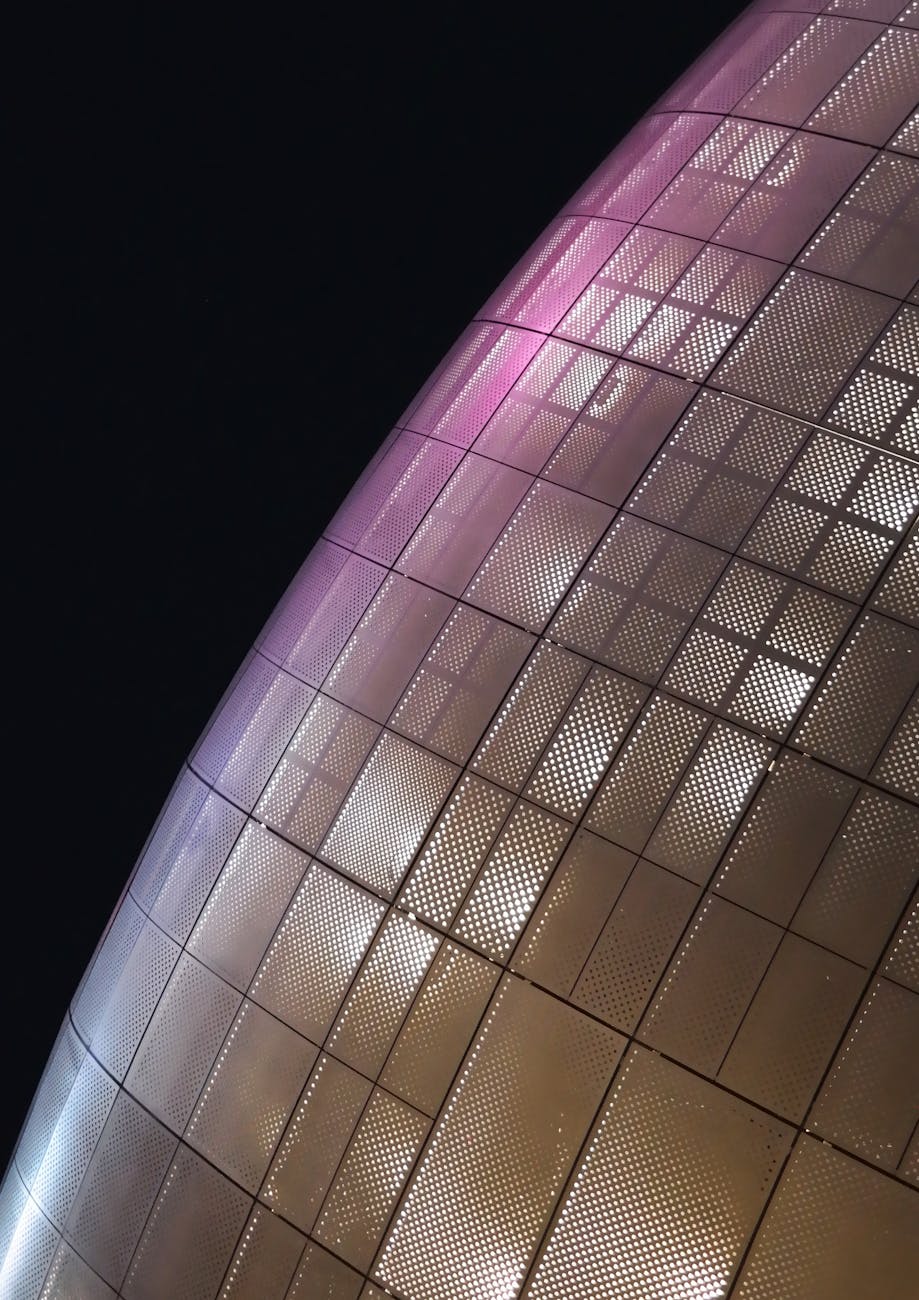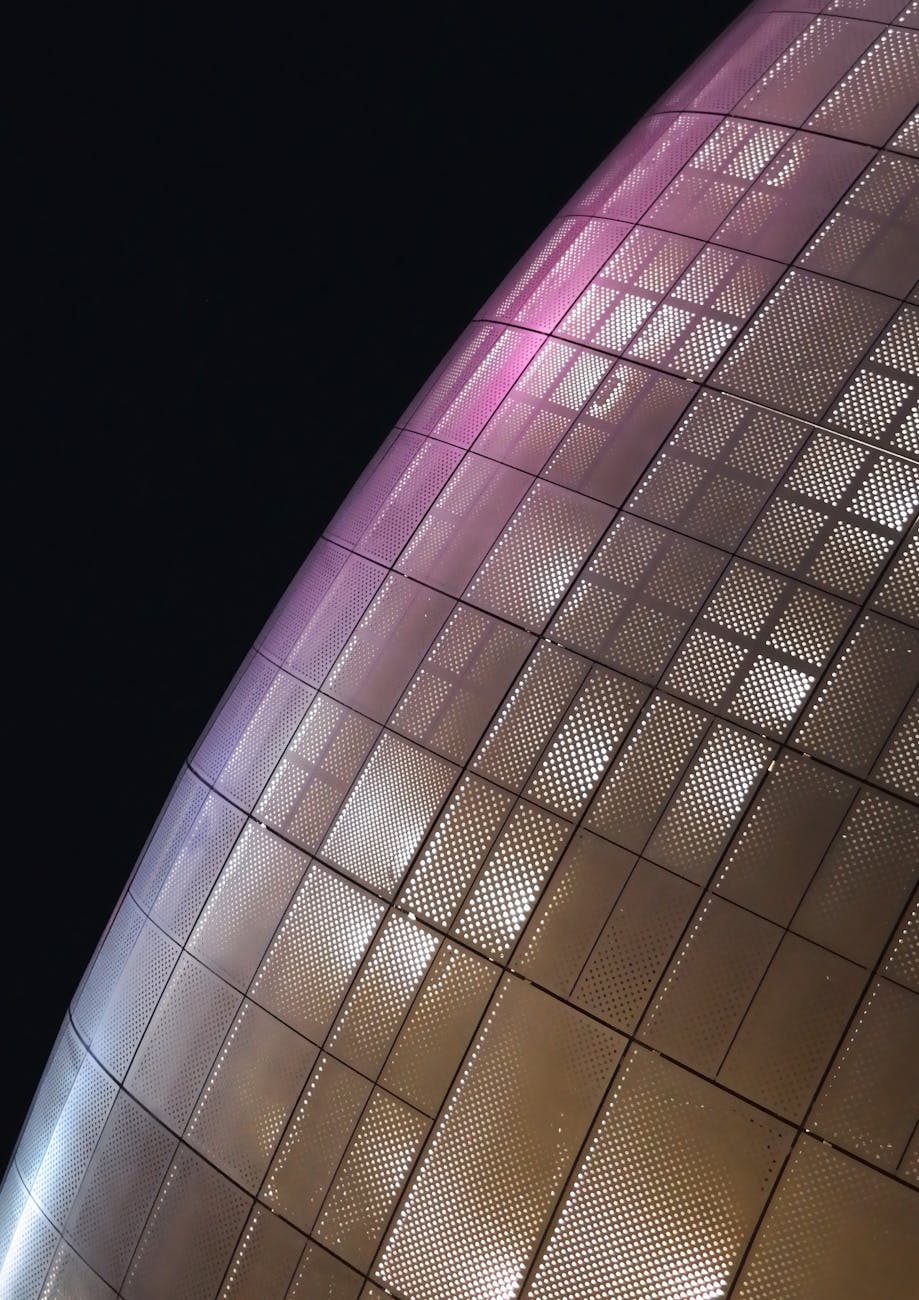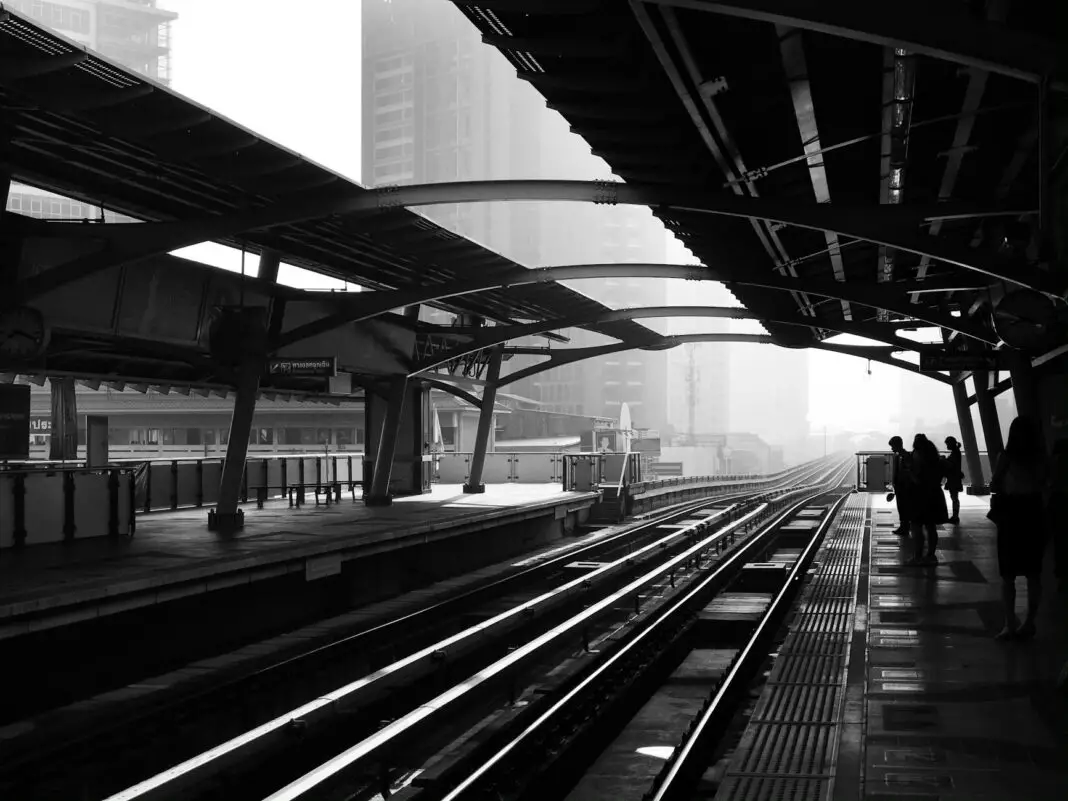Traveling to Thailand is an adventure unlike any other, where vibrant culture meets stunning architectural designs that capture the imagination. Whether wandering through majestic temples adorned with intricate sculptures or gazing at contemporary structures that seamlessly blend with nature, each destination in Thailand presents a unique story told through its architecture. Is Thailand’s architecture the most exotic in the world? This blog will explore this fascinating inquiry, delving into historical landmarks, the fusion of traditional and modern styles, and the unique cultural significance embedded in each structure.
The journey of discovering Thailand’s architectural landscape offers insights into a rich heritage that extends far beyond what appearances may suggest. The fusion of color, pattern, and innovative design in buildings across the country evokes a sense of wonder, making every corner of Thailand a canvas of artistic expression. This exploration will not only highlight the beauty of specific designs but also consider the cultural context that makes them resonate so profoundly with visitors and locals alike.
Table of Contents
- Historical Landmarks of Thailand
- The Fusion of Traditional and Modern Styles
- Exploring the Cultural Significance of Architecture
- Actionable Insights for Your Trip
- Embrace the Experience: Fly High on Inspiration
- Frequently Asked Questions
Historical Landmarks of Thailand
The magic of Thailand is undeniably illuminated by its historical landmarks, each serving as a testament to the country’s artistic mastery and deep-rooted traditions. Icons such as the Grand Palace in Bangkok exude opulence, showcasing a blend of classical Thai architecture adorned with golden stupas that shimmer under the tropical sun. This iconic site stands as a symbol of the Kingdom’s grandeur, captivating visitors with its intricate details and rich history.
Beyond the bustling capital, ancient cities like Ayutthaya and Sukhothai invite exploration of ruins that whisper stories of time gone by. The remains of temples scattered throughout these regions reflect the elegance of a bygone era, characterized by soaring towers and serene Buddha statues. As you stroll through these remnants, you cannot help but feel a connection to the past, encouraging reflection and admiration for the artistry crafted by skilled hands centuries ago.
The Fusion of Traditional and Modern Styles
In contemporary Thailand, architectural designs have evolved to integrate both traditional elements and modern functionality. This unique blend is vividly illustrated in the towering skyscrapers of Bangkok, which rise dramatically against a backdrop of historical temples. The Baiyoke Tower II, for instance, harmoniously combines sleek, modern lines with the cultural essence that defines Thai architecture, creating a skyline that is both impressive and grounding.
Moreover, the innovative use of sustainable materials in recent projects is emblematic of Thailand’s commitment to modernity without compromising its roots. Buildings like the Pantip Plaza and the Bangkok Art and Culture Centre exemplify how contemporary structures can respect traditional aesthetics while promoting environmental consciousness. This remarkable synergy captivates both architecture enthusiasts and casual visitors, making Thailand a hotspot for innovative designs that push creative boundaries.
Exploring the Cultural Significance of Architecture
Every structure in Thailand conveys a sense of cultural significance, serving as both functional and spiritual spaces. Temples, or “wats,” are central to Thai life, offering a glimpse into the Buddhist beliefs that shape the nation. The Wat Phra Kaew, housed within the Grand Palace complex, is revered not just for its architectural magnificence but also for its sacred significance, housing the Emerald Buddha, which is considered the most important image in Thailand.
Moreover, the visual appeal of colorful murals, golden statues, and elaborate carvings found in these sacred spaces serve to narrate stories that resonate with the ethos of Thai identity. Engaging with these elements fosters a deeper understanding of the rituals and traditions that define day-to-day life in this enchanting land, reminding travelers of the profound connection between architecture and cultural heritage.
Actionable Insights for Your Trip
To make the most of your architectural journey through Thailand, consider these practical tips that will enrich your experience. Plan your visit during the cooler months, typically from November to February, ensuring comfortable exploration amidst the heat. While in urban centers like Bangkok, purchasing a local SIM card for easy navigation and access to travel apps will streamline your adventures, allowing you to discover architectural gems without hassle.
Engaging with local guides can also provide insider knowledge and a more nuanced understanding of the history behind each site. Seek out small, off-the-beaten-path locations where you can appreciate the tranquility of less crowded temples and structures, fostering a deeper connection to the culture and artistry that permeates these environments. By considering these actionable insights, you’ll enhance your appreciation for Thailand’s stunning architecture and create lasting memories.
Embrace the Experience: Fly High on Inspiration
Ultimately, your journey through Thailand will serve as a source of inspiration, influencing a greater appreciation for art and architecture. As you immerse yourself in this vibrant culture, naively sacramental in its offerings, each structure becomes a conversation starter, inviting reflection on the intersection of art and spirituality. Take the time to slow down and absorb the intricate beauty that surrounds you, and you may find yourself rethinking the role that architecture plays in your own life and travels.
Whether shared among fellow travelers or absorbed in solitude, the experience of discovering Thailand’s architecture is bound to spark a passion for design and creativity within. So, embrace these moments, and let the grandeur and uniqueness of this Southeast Asia gem resonate within your heart and mind long after your trip comes to an end.
Frequently Asked Questions
What are the must-see architectural sites in Thailand?
Some of the must-see architectural sites include the Grand Palace, Wat Phra Kaew, and Wat Arun in Bangkok, as well as Ayutthaya Historical Park and Sukhothai Historical Park.
When is the best time to visit Thailand for sightseeing?
The best time for sightseeing typically falls between November and February when the weather is cooler and more pleasant for outdoor exploration.
Is it possible to explore off-the-beaten-path architectural sites?
Absolutely! Exploring off-the-beaten-path sites can often reveal hidden gems and less crowded environments filled with authentic cultural experiences.
How can I deepen my understanding of Thai architecture?
Consider engaging with local guides or attending cultural workshops to gain a more profound understanding of the history, significance, and artistry behind Thai architectural styles.
What architectural styles are prevalent in Thailand?
Thailand showcases a diverse range of architectural styles, including traditional Thai, Khmer-influenced, colonial-era structures, and contemporary designs that reflect innovative and sustainable practices.
Your Journey Awaits: Unveiling the Wonders of Thailand’s Architecture
As your trip unfolds, each architectural marvel will undoubtedly leave a lasting impression, nurturing an appreciation for the intricacies of design intertwined with the rich culture of Thailand. Allow the captivating beauty and stories behind each structure to ignite your sense of wonder and inspire your future journeys.
Image Credit: Pexels





